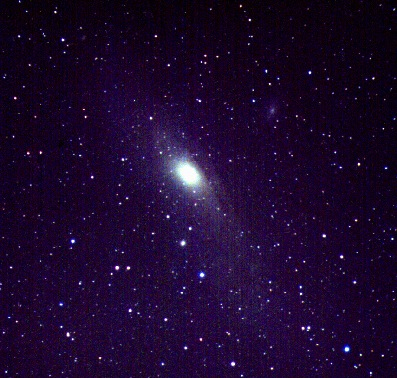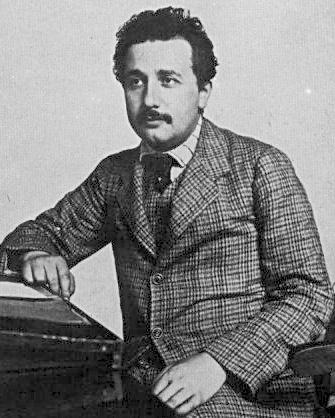Einstein's views
"To know that what is impenetrable to us really exists, manifesting itself as the highest wisdom and the most radiant beauty which our dull faculties can comprehend only in their most primitive forms – this knowledge, this feeling, is at the center of true religiousness. In this sense, and in this sense only, I belong in the ranks of devoutly religious men."
Albert Einstein, [n.d.]
"I believe that in order to make real progress one must again ferret out some general principle from nature."
p. 228, Michio Kaku, Einstein's Cosmos.
"each electron is spinning like a top, pointing either up or down.. . . . Before any measurement is made, you don't know the spins of the electrons."
p. 171, Einstein's Cosmos.
In Living Philosophies: Selections of Some Eminent Men and Women of our time. Clifton Fadiman (ed.) [Garden City, Long Island: Doubleday, 1990). p. 6.
Quoted by Ronald Dworkin (2013) "Religion Without God." New York Review of Books, April 4, 2013, p. 67.
Einstein wrote to the German philospher Eric Gutkind, on 3 January 1954:
“The word god is for me nothing more than the expression and product of human weaknesses, the Bible a collection of honorable, but still primitive legends which are nevertheless pretty childish. No interpretation no matter how subtle can (for me) change this.”
“For me the Jewish religion like all other religions is an incarnation of the most childish superstitions,”
Einstein's letter continues.
“And the Jewish people to whom I gladly belong and with whose mentality I have a deep affinity have no different quality for me than all other people. As far as my experience goes, they are also no better than other human groups, although they are protected from the worst cancers by a lack of power. Otherwise I cannot see anything ‘chosen’ about them.”
This commentary on religion is discussed in some length at:
http://todayinsci.com/E/Einstein_Albert/EinsteinAlbert-LameAndBlindQuote500px.htm?a=Albert_Einstein
Ahimsa and our responsibility for keeping this world.
![]()


